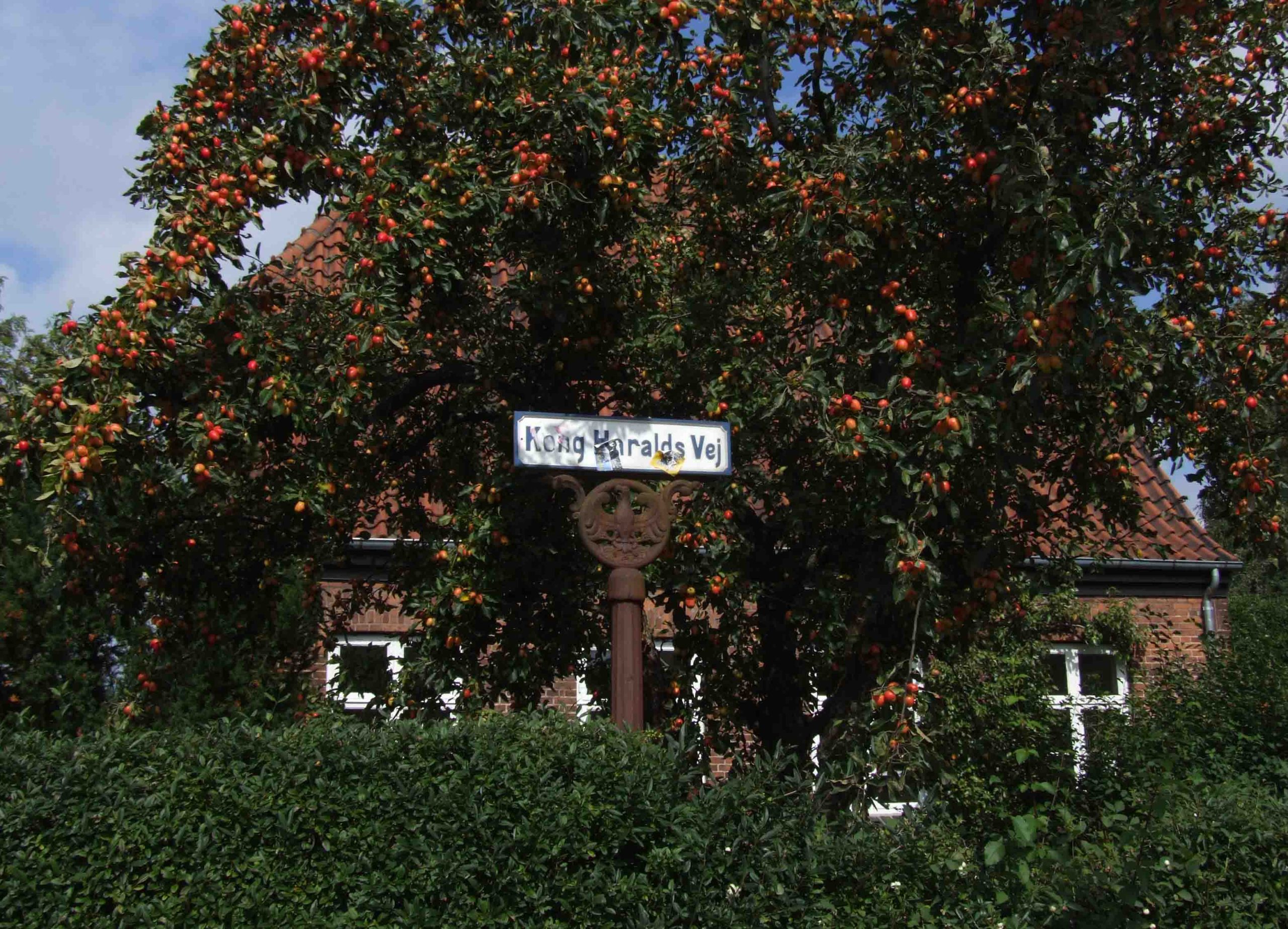Is hunting for the shadow economy more important than respect for privacy? No, says Denmark’s centre-right government coalition. It has asked tax authorities no longer to enter private gardens. Yes, argues the political left, trade unions and construction industry employers, who all believe the government’s decision will make it harder to secure proper wage and working conditions in the building trade.
In 2012 the Danish Customs and Tax Administration, SKAT, during the reign of the then Social Democrat led government in 2012, were given the go-ahead to enter private gardens without a warrant to look for undeclared work being carried out on renovation projects. This led to a massive political debate. Hundreds of control visits have been carried out on private property since then. A small number of them have led to charges of social fraud and undeclared work.
Now that debate has been reignited, as one of the first things the new centre-right government has done is to remove SKAT’s access to gardens. The Minister for Taxation, Karsten Lauritzen (Venstre — the Liberal Party), says allowing SKAT to walk straight into a private garden while police need a warrant to look around people’s properties is damaging to the rule of law and deeply offensive to citizens. The new legislation has already been through preliminary debate in Denmark’s parliament, Folketinget.

Tax collection from the middle ages
The Danish constitution says people’s houses are “inviolable” and that parliament can only pass legislation allowing authorities access to the house with no warrant in “exceptional” circumstances. That right should not be used here, the tax minister argues. He has compared SKAT’s access to gardens to “the King’s tax collectors in the middle ages”.
The government’s proposed legislation also includes getting rid of two other tax powers which had been introduced in order to limit undeclared work. SKAT’s controllers will no longer be allowed to demand that workers on for instance a construction site on private property must display their social security number and valid ID.
The government also wants to remove an existing rule obliging construction fims to display their name, address and social security number if they are involved in projects worth more than 50,000 kroner (€6,700).
Social partners standing together
The Conservative People’s Party, the Liberal Alliance and the Danish People’s Party (DF) all support the government’s proposal. This gives the legislation a parliamentary majority and it can be passed despite the joint fierce objections from the social partners and the political opposition.
The Social Democrats say maintaining SKAT’s access to private property, their right to ask for social security numbers and right to demand signposting on construction sites are all necessary tools in the fight against social dumping. There have only been a few complaints from private individuals over SKAT’s access to their gardens, and the Social Democrats take that to mean that SKAT is using their authority in a professional and respectful manner.
Trade unions have also expressed their worries for an increase in unreasonable working conditions and an expanding shadow economy, and so too have employers. Lars Storr-Hansen, CEO at employers’ organisation the Danish Construction Association has said that he considers SKAT’s right to enter private property as a crucial part of the fight against undeclared labour, and that it is deeply worrying that the tax minister puts ideology ahead of practical considerations and the sense of justice among those Danes who do not use undeclared labour.
Inspired by Norway and Sweden
Denmark’s Liberal Party-led government has also relaunched another tool in the fight against the shadow economy, inspired by Sweden. The Danish government has proposed legislation which would prolong the BoligJob scheme with three more years. The scheme — also known as the craftsman’s deduction — allows people to deduct up to 15,000 kroner (€2,000) in salary expenses in relation to home or second home improvements.
This is inspired by Sweden’s ROT and RUT schemes. However, the Danish scheme has so far had a very limited impact on undeclared work, according to several analysis.
Norway has also been an inspiration for Denmark’s tax rules targeted at the shadow economy: In Norway any payment for services above 10,000 Norwegian kroner (€1,080) must be done electronically. In Denmark private individuals must pay bills of 10,000 kroner or more digitally.
Danish double standards
 There are no comparative studies of what citizens in the different Nordic countries feel are acceptable measures in the fight against the shadow economy, according to Camilla Hvidtfeldt, a researcher at the Rockwool Foundation Research Unit. She has spent years measuring and analysing Denmark’s shadow economy.
There are no comparative studies of what citizens in the different Nordic countries feel are acceptable measures in the fight against the shadow economy, according to Camilla Hvidtfeldt, a researcher at the Rockwool Foundation Research Unit. She has spent years measuring and analysing Denmark’s shadow economy.
“But there is an ongoing discussion looking at what tools tax authorities should have in order to hunt down the type of undeclared work which the population finds unacceptable. Morals are not unimportant when it comes to attitudes to undeclared work,” says Camilla Hvidtfeldt.
Her research unveils some double standards in Danes’ morals when it comes to undeclared work:
“Most Danes think undeclared work is not acceptable, yet they understand why some work is not declared. This is manifest in two ways: Smaller amounts of money are more acceptable than larger amounts, and the acceptance is partly dependent on who carries out the work. It is for instance more OK if a school girl fails to declare work than if a master builder does the same.”





